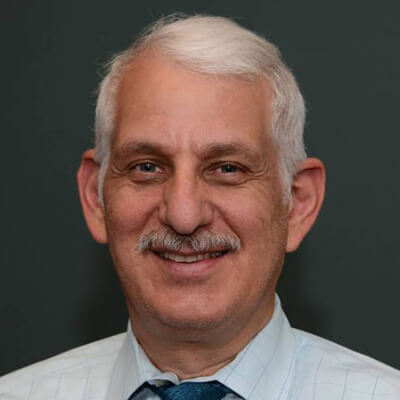Is Vision Therapy Effective? Does Vision Therapy Work?
Vision Therapy is a specific series of techniques, activities, and exercises done in a particular order, to help individuals develop and improve visual skills and abilities. It creates the conditions to enable individuals to gain awareness and develop visual skills. There are essentially 4 parts to vision:
- Eyeglass / Refractive issues. Contact lenses are a subset of this. This includes myopia (near sight), hyperopia (far sight), astigmatism, and Presbyopia.
- Eye Health issues. This includes the ability to diagnose and treat glaucoma, cataracts, dry eye, conjunctivitis, diabetic eye disease, etc.
- Eye Teaming issues include binocular vision (the ability to combine the image from each eye together to make one picture in the brain), physical focusing on nearby objects (accommodation), tracking (pursuits), eye movement (saccades). It also includes Strabismus (misalignment of the eyes) and Amblyopia (lazy eye). If someone has one or more of these, then it is difficult to maintain concentration. A child may then be labeled as having ADD, ADHD, Dyslexia, or Specific Learning Problem (SLP) when actually, the root of the problem is an eye teaming issue.
- Visual Perception means making sense of what you are seeing. Someone may hear well, for example, but that doesn’t mean they can understand a foreign language.
Ophthalmologists and most optometrists concentrate on the first two. The thought process is if someone can see well with each eye individually, and there is no eye disease, we can assume that the two eyes work well together. This is an incorrect assumption. Most eye doctors do not test for binocular vision issues; how the two eyes work together as a team, how they track, fixate and then move. If a doctor doesn’t test for these problems, how will they find them?
Seeing a pediatric eye surgeon or an eye doctor for a non-surgical problem or non- medical problem is like seeing an oral surgeon for a periodontic or prosthodontic issue. There is a different specialist for that. Someone who is not a specialist in that area may render an opinion, but it may not be the best one. Seeing a pediatric ophthalmologist for a problem that is best treated non-surgically will likely not achieve the best outcome.



Appointment times may vary so call us for availability.